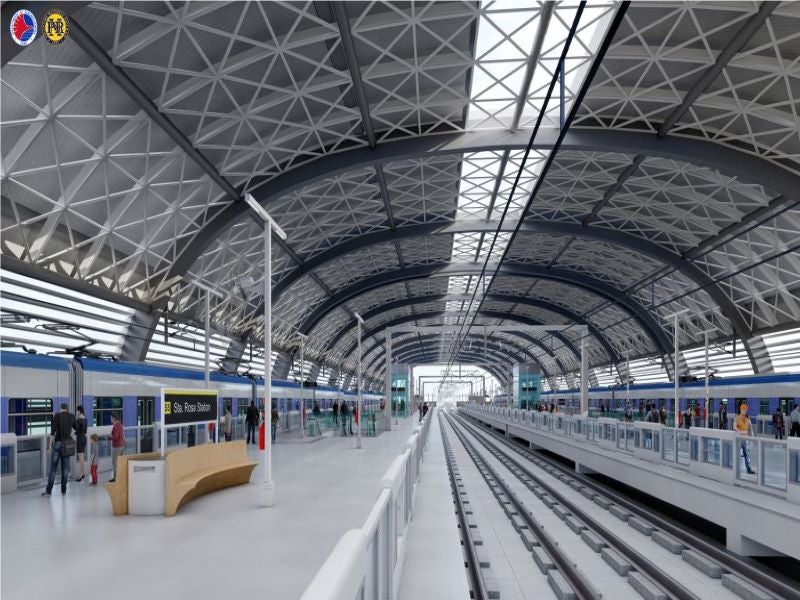
The Department of Transportation (DOT) in the Philippines has struck $1.87bn worth of civil works contracts for the South Commuter Railway Project, which aims to offer quick, affordable and sustainable transport in the country.
Asian Development Bank (ADB) sanctioned $4.3bn of loans in June this year for carrying out the project, which is part of the North–South Commuter Railway (NSCR) network.

Discover B2B Marketing That Performs
Combine business intelligence and editorial excellence to reach engaged professionals across 36 leading media platforms.
This funding will be used for the construction of around 55km of railway segment that will link Metro Manila with Laguna province.
ADB is financing civil works for the railway viaduct, stations, bridges, tunnels, and depot buildings.
Japan International Cooperation Agency is providing funds for the rolling stock as well as railway systems.
The scope of the project includes the construction of 18 elevated and at-grade stations to offer safe access for the elderly, women, children, and people with disabilities.

US Tariffs are shifting - will you react or anticipate?
Don’t let policy changes catch you off guard. Stay proactive with real-time data and expert analysis.
By GlobalDataDesigned to withstand typhoons and earthquakes, the South Commuter Railway will also be linked to the future Metro Manila Subway system.
This project is expected to cut down net greenhouse gas emissions by more than 284,000 tonnes of carbon dioxide per annum.
The complete NSCR system is estimated to serve over 600,000 passengers by 2040.
Furthermore, ADB is providing funds to build the Malolos–Clark Railway Project, which includes the northern segment of the railway network.
ADB Southeast Asia deputy director general Winfried Wicklein said: “This project will open tremendous opportunities for economic integration across Metro Manila and neighbouring provinces and create a significant positive impact on the local economy.
“It will strengthen the country’s economic recovery, create as many as 35,000 construction jobs and more than 3,000 permanent jobs during the railway operation, and improve access for residents of Laguna province to employment in Metro Manila.”





